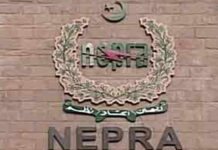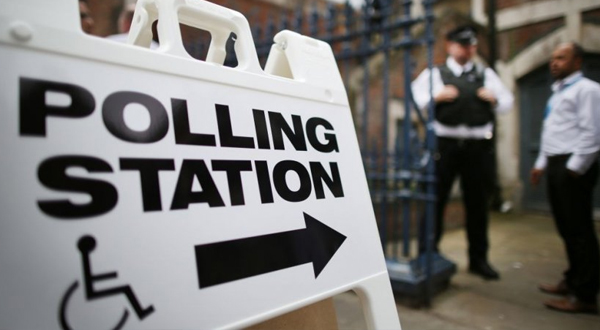KARACHI: State Bank of Pakistan (SBP) Friday advised banks to focus on training and development of their employees and issued guidelines in this regard.
The guidelines primarily aimed at to provide continuous learning atmosphere to bank employees, SBP circular said here.
The guidelines advised banks to prepare a comprehensive training and development policy duly approved by their Board of Directors for all major functional areas, which should interalia cover processes related to training needs assessment (TNA) and selection of employees for a specific training program.
Appropriately trained and knowledgeable employees are the most valuable asset for a bank to attain good governance and competitive advantage in the market. Banks, therefore, require to pay due attention to the training and development needs of their employees.
The ever changing banking environment coupled with technological advancements further put stress on the importance of improved skills, capabilities and knowledge of a bank employee.
Banks could transform their human resource into human capital by providing proper training and development opportunities to their employees on a regular basis.
The guidelines further elaborate that training and development budget of banks should specifically be made part of an overall budget document to be discussed and approved by the Board of Directors on annual basis. Further, the training and development budget may ideally be linked with overall size and complexity of operations of a bank or with certain percentage of administrative expenses.
SBP suggested that human resources committee of the board should be assigned the responsibility of monitoring the utilization of training and development budget and implementation of approved training and development policy.
The Central Bank advised that banks should also focus on training of employees posted at remote / rural area branches.
Banks are required to implement these guidelines by December 31, 2016 after which SBP would assess their compliance during the course of on-site inspections of banks.





